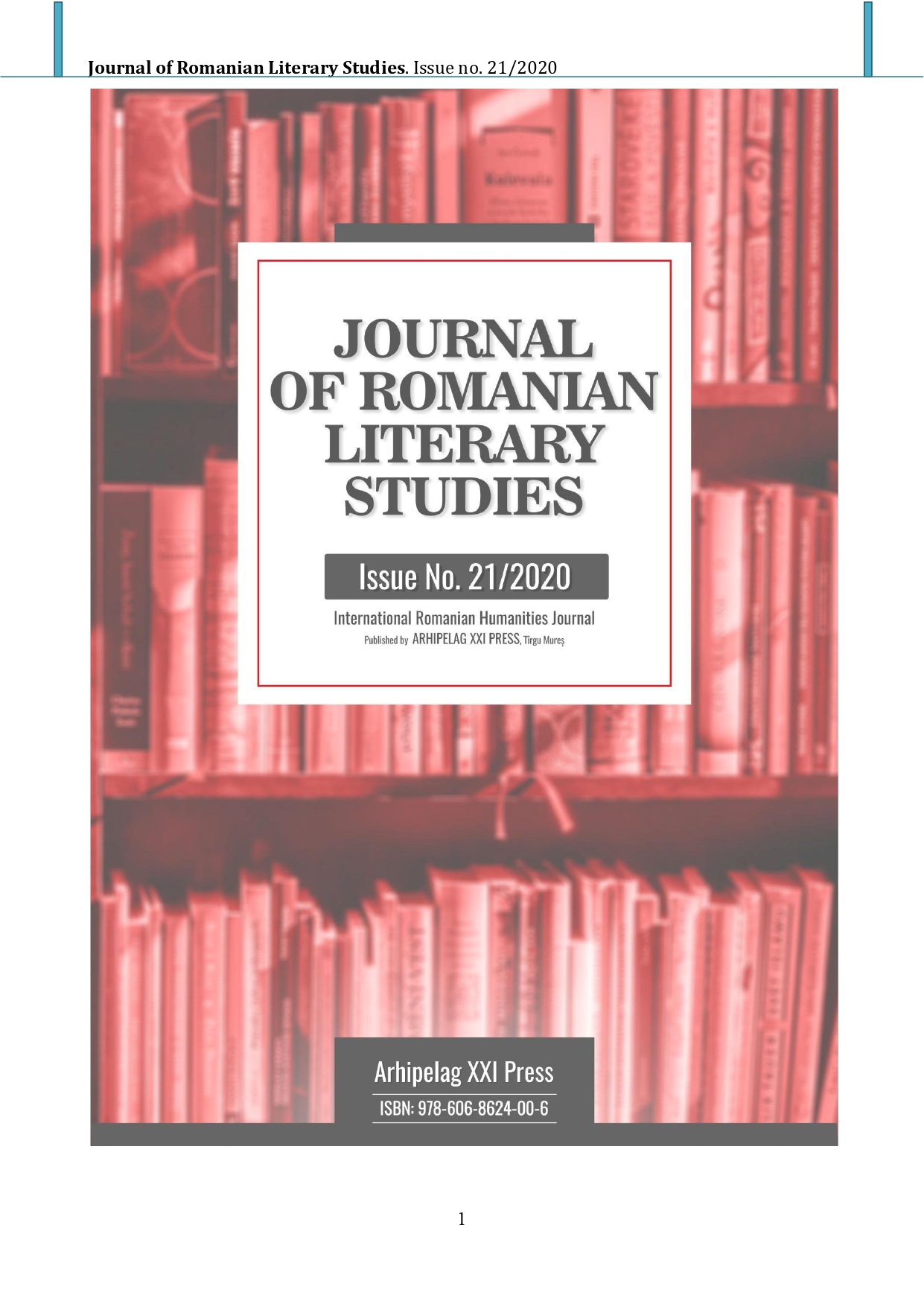RELIGIOUS LIFE IN MOLDOVA IN THE POLITICAL-RELIGIOUS CONTEXT IN THE SOUTH-EASTERN EUROPE AT THE END OF THE 14TH CENTURY
RELIGIOUS LIFE IN MOLDOVA IN THE POLITICAL-RELIGIOUS CONTEXT IN THE SOUTH-EASTERN EUROPE AT THE END OF THE 14TH CENTURY
Author(s): Claudiu CotanSubject(s): Christian Theology and Religion, Cultural history, History of ideas, Local History / Microhistory, History of Religion
Published by: Editura Arhipelag XXI
Keywords: Metropolitanate; hierarchy; Romanians; Greeks; Orthodox; Catholic; state;
Summary/Abstract: The state political organisation of Moldova was the result of the Hungarians’ expansion beyond the Carpathians given their desire to ensure their own protection when faced with the threatening of the Golden Horde. The establishment of the Metropolitanate of Moldova in the political – religious context of the Southeast of Europe was a special historical process, the result of the collision of Moldova’s interests with those of the Byzantine Empire, as well as with those of Poland and of Hungary. The manifestation of Moldova’s political autonomy extended in the religious field too, as the Orthodox Church provided legitimacy to the ruler’s authority. The ruling prince wanted a metropolitan by his side to support his political actions. This is why, in the first phase, the rulers of Moldova fought to have autochthonous religious hierarchy raised from among the Romanian monks. The present study makes a concise presentation of the political religious situation in the South-East of Europe during the last decades of the 14th century and of the establishment of the Metropolitanate of Moldova in spite of the refusal of the Ecumenical Patriarchate.
Journal: Journal of Romanian Literary Studies
- Issue Year: 2020
- Issue No: 21
- Page Range: 205-215
- Page Count: 11
- Language: Romanian

